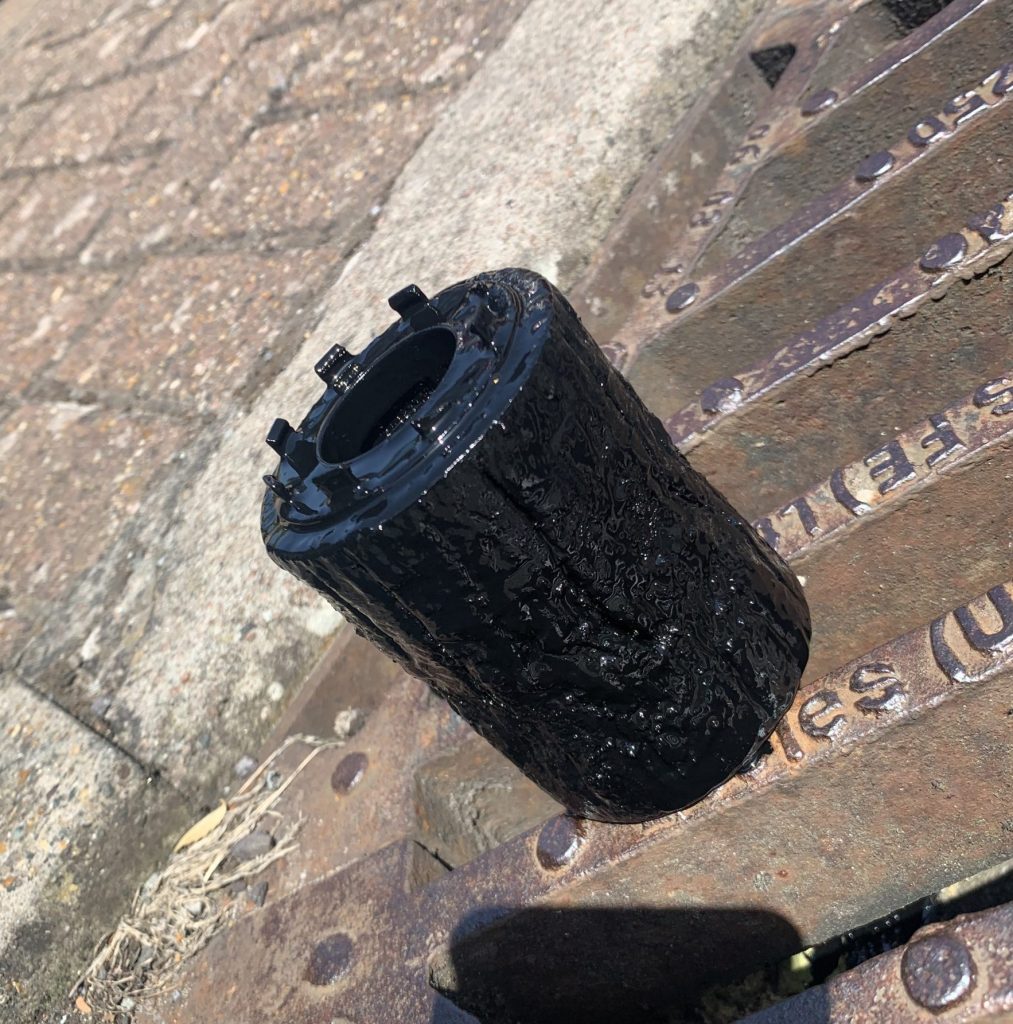Lubricants trade body, the Verification of Lubricant Specifications (VLS), is warning motorists not to put off an essential oil change and top up, even if financial pressures are putting some off vehicle servicing.
As prices rise, automotive aftermarket companies have highlighted the need to ensure that drivers continue to think about vehicle maintenance. High wearing components such tyres, brakes and more need to be constantly checked to ensure safety. An oil change is also essential, as without this regular maintenance, a vehicle’s engine or key components could wear and fail, leading to expensive repair bills.
Mike Bewsey, Chairman of VLS, says, “Research from companies like Halfords and BookMyGarage.com shows that up to 40% of motorists feel that they can’t afford their next MOT, and the numbers for more expensive servicing are likely to be even higher. But postponing or skipping an oil change or ignoring the oil warning light is a risk we are asking motorists not to take.
“Doing so could starve the engine of vital lubricants, risking increased wear and, at worst, lead to a catastrophic event like an engine seizure and a much more expensive repair later on. OEMs set oil change schedules for a reason. They know their engines, how they run on certain fuels and in specific regions, and they know how the engine oil, as well as other consumables, perform over time and mileage.”
The front line for an oil change
Workshops are the front line and can play an important role in helping customers understand just how vital oil servicing is, according to VLS.
“Customers might think that because they have not done many miles this year, the oil change and filter replacement are not required,” Bewsey continued. “But sticking to the recommended service interval is crucial to maintain and protect the vehicle, which is likely to be worth a lot more than the cost of the oil change. Frequent short trips can be even more detrimental to the oil than higher mileage due to the accumulation of water and fuel, and the formation of sludge during start/stop and cold phases.”
VLS is also concerned about motorists looking to complete oil top up and changes themselves to try and save money without the necessary skills or information.
“Engine oil is an increasingly complex area, yet it’s more important than ever to select the right lubricant,” added Bewsey. “Modern vehicle engines require sophisticated lubricants using advanced chemistry. Even the slightest change in the formulation has the potential to cause engine damage in the long term.
“It is important to look beyond the viscosity to ACEA and OEM specifications as well and be careful of generic OEM claims such as ‘Suitable for’, as these haven’t been tested by the manufacturer themselves. Online vehicle databases are the safest way to find the correct lubricant for each vehicle, using its unique registration.”
Editor’s thoughts
I have seen first-hand how not changing oil can lead to bigger problems, with a friend (who has given permission to mention this) needing to spend £3,800 replacing the turbo and injectors on a 2011 VW Golf GTD. This was the state of the oil filter when it was removed (in pieces).

The oil in the car had not been changed since he had acquired it three-years prior, and it is unknown how long before then the vehicle had been serviced. The congealed oil had partially blocked the filter, and was certainly not providing the protection the engine required.
We often talk about ‘wear and tear’ products in the aftermarket, and oil needs to be included in these discussions. It may not be as safety-critical as tyres and brakes, but if a component fails on a busy road because it is not getting the correct lubrication, it can still present a dangerous situation.
Plus, as highlighted above, an oil change when buying a vehicle, or at least yearly, may have saved my friend around £3,500. He has now set a yearly reminder to get his oil changed, and recommends others do the same.




You must be logged in to post a comment.